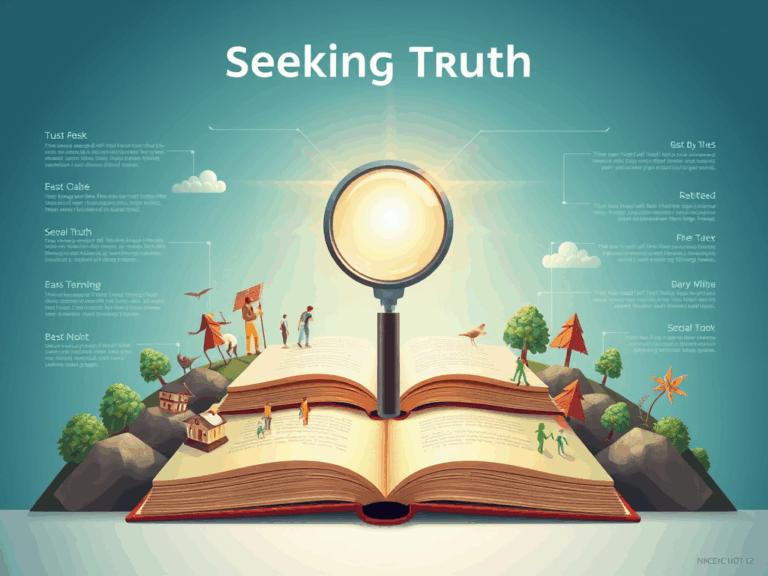Universalism in a Pluralistic Age—Part One
by Bruce G. Epperly
 When I was a child, there was only one flavor of religion in our small town. We are all Christians, and though Catholics were forbidden to go into Protestant churches and Protestants weren’t welcome in our town’s Catholic Church, we all shared some variation of Christianity. There might have been a few atheists and agnostics and perhaps a Jewish family in my hometown, but they were quiet about their beliefs. Virtually all the churches believed that there was no salvation apart from a relationship with Christ and his church.
When I was a child, there was only one flavor of religion in our small town. We are all Christians, and though Catholics were forbidden to go into Protestant churches and Protestants weren’t welcome in our town’s Catholic Church, we all shared some variation of Christianity. There might have been a few atheists and agnostics and perhaps a Jewish family in my hometown, but they were quiet about their beliefs. Virtually all the churches believed that there was no salvation apart from a relationship with Christ and his church.
Today, the world is very different. Christianity is no longer the only option. A click of the mouse can introduce you to hundreds of religious options, and a growing number of people identify themselves as “spiritual but not religious,” gathering their insights from a variety of perspectives, usually shaped by American optimism – Buddhist, Hindu, Sufi, New Age. My congregation sponsors programs on yoga and reiki healing touch, both of which have roots in non-Christian faith traditions, and members read books by Buddhists such as the Dalai Lama and Thich Nhat Hanh. [ene_ptp]
Pluralism is a reality in the marketplace of religions, and a growing number of Christians, including evangelical ]Christians, believe persons outside the faith can experience salvation. Their positive experience of non-Christians in their dorms, in the medical community, and in the news has opened them to the good faith of persons outside Christianity. This growing universalism has led to cries of relativism and the demise of North American Christianity from fundamentalist preachers and the recent censure of the American Episcopal Church by Southern hemisphere Anglicans for its welcoming of gay and lesbian priests and affirmation of same-sex marriage.
We can’t turn back the clock to a religiously homogeneous time. In fact, fidelity to God may compel us to recognize truth and salvation outside the Christian witness. The question is: how to open to wider visions of inspiration and salvation without jettisoning the truths of our own faith?
The bible is a good place to begin, but a careful reading of the bible leaves us with as many questions as answers in the area of universalism. The bible tends to recognize the superiority of the Hebraic tradition over its pagan neighbors. However, scripture also affirms the piety of pagans and their ability to respond to God’s call to repentance, even though it is unclear that they change spiritual affiliations. (See the Book of Jonah, in particular.) While the New Testament affirms the universality of Jesus’ message of salvation, it also suggests that all will be saved as a result of the cross, affirms the continuing witness of God among the Jewish community, and recognizes the universality of divine revelation. Salvation occurs as a result of a relationship with Jesus, many passages affirm, but this relationship is seen as ethical as well as doctrinal, that is, affirming the way of Jesus as well as belief in Jesus as Messiah. Moreover, the Prologue to John’s Gospel clearly notes that the light of the world (Christ) enlightens all people, without distinguishing between followers of Jesus and other faiths. Paul’s speech at the Areopagus proclaims the spiritual superiority of Christ, but also recognizes that revelation is found in Greek philosophy’s claim that God is the one in whom we live and move and have our being. These passages balance the more exclusivist statements of scripture, which limit salvation and truth to those who explicitly call on the name of Jesus.
Over the past 2000 years, Christian theologians have wrestled with the realities of pluralism, including pluralism in the Christian church. Heterodox, or heretical, factions have suffered persecution and excommunication. Nearly everyone has an ancestor who has been excommunicated for their heretical viewpoints by one faction or another of our faith. Today, some Roman Catholics still claim that they possess the fullness of Christianity, while certain Christian sects wonder if Catholics will be saved as a result of their purported worship of Mary and the Pope! Needless to say, these are not helpful options in a pluralistic age.
Our own Christian faith suggests a constantly enlarging circle of affirmation. Most Christians recognize diverse expressions of their own faith and are willing to learn from one another’s traditions. We are coming to believe that faith is not static but evolves as new light descends on our scriptures and theological beliefs.
Still, we struggle with questions of truth and salvation within and beyond our faith tradition. In the next installment, my focus will be theological in orientation, grounded in my belief that religious truth is manifold as the result of the interplay of divine revelation and human response.
[Editor’s Note: Part Two runs tomorrow.]
[slideshow_deploy id=’2461′]




Bruce:
I really appreciate the way you express this reality and look forward to tomorrow’s post-
THANK YOU!
Bob